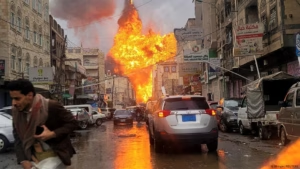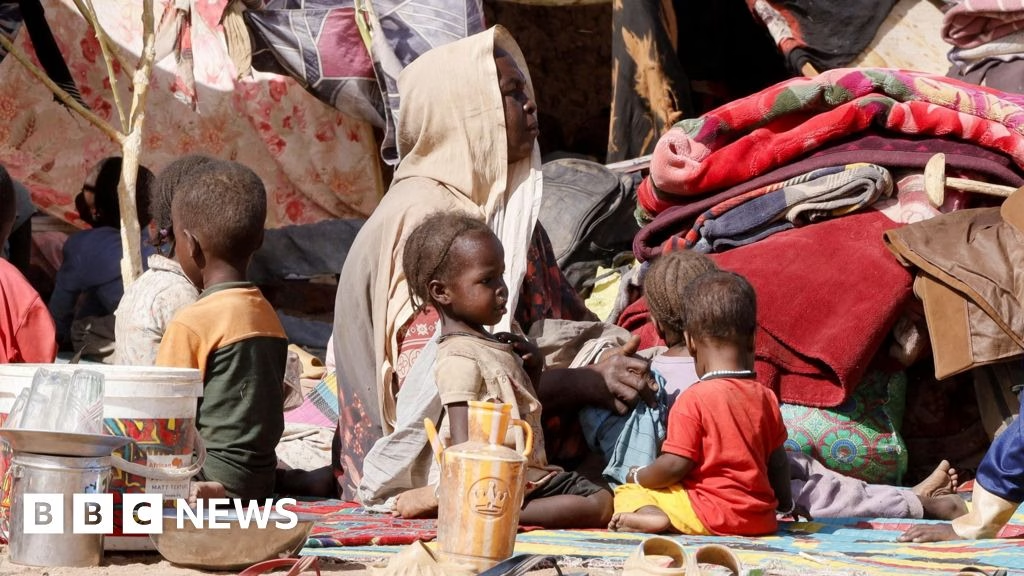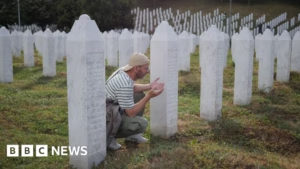BBC News Digital – World

Reuters
There are “reasonable grounds” to believe war crimes and crimes against humanity are being committed in western Sudan, the International Criminal Court (ICC) stated at the United Nations Security Council on Thursday.
Among the most disturbing findings of the ICC’s investigation into crimes committed in Darfur, was the targeted sexual violence against women and girls of specific ethnicities.
War erupted between the Sudanese army and the Rapid Support Forces (RSF) in April 2023, resulting in “devastating civilian casualties” as the UN has called it.
ICC Deputy Prosecutor Nazhat Shameem Khan spoke of the “difficulty in finding appropriate words to describe the depth of suffering” in the region.
The UN Security Council has granted the ICC a mandate to investigate and prosecute crimes in Darfur for nearly two decades. The court has been conducting multiple inquiries into war crimes and genocide committed there from July 2002 onward.
In 2023, following the resumption of civil war, the ICC initiated a fresh probe, interviewing victims who had escaped to neighboring Chad.
Ms Khan described an “inescapable pattern of offending,” emphasizing that the team is working to translate these crimes into evidence for the court.
Allegations of war crimes have persisted over the past two years, and in January 2025, the US concluded that the RSF and allied militias had committed genocide.
The RSF denies these allegations, asserting they are not involved in what they term a “tribal conflict” in Darfur.
According to the UN, conditions in Darfur continue to deteriorate. Hospitals and humanitarian convoys have endured targeted attacks, and food and water have been deliberately withheld.
The capital city of El-Fasher has been completely cut off from aid due to armed sieges by RSF forces, and cholera outbreaks across conflict zones threaten already scarce water supplies.
An intensifying famine has taken hold in the region. The UN’s children’s agency (Unicef) reports that more than 40,000 children required treatment for severe acute malnutrition between January and May 2025, more than double the number from the same period last year.
“Children in Darfur are being starved by conflict and cut off from the lifesaving aid they need,” stated Sheldon Yett from Unicef.
Over the past two years, more than 150,000 people have died amid the conflict, and approximately 12 million have been forced to flee their homes, though Ms Khan warns that, “We must not be under any illusion – the situation could worsen.”








